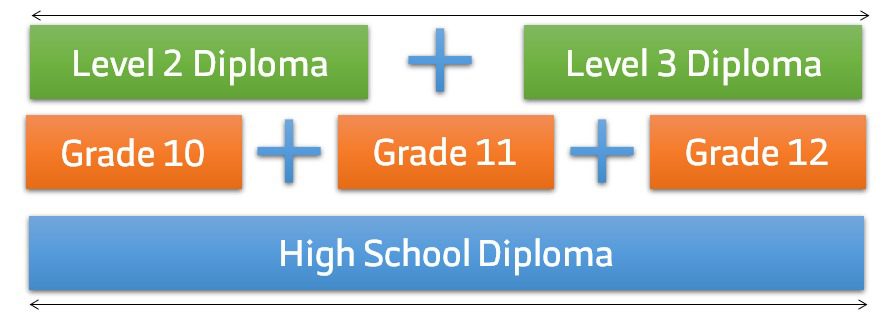- Reading improves brain function.
According to a growing corpus of studies, reading physically transforms your thinking.
Researchers validated Trusted Source that reading includes a complex network of circuits and messages in the brain using MRI scans. Those networks get stronger and more sophisticated as your reading skill grows.
Researchers utilized functional MRI scans to test the effect of reading a novel on the brain in one study Trusted Source did in 2015. Over the course of nine days, study participants read the novel “Pompeii.” As the tale progressed, more and more parts of the brain became active.
Brain scans revealed that brain connectivity increased throughout the reading period and for several days afterwards, particularly in the somatosensory cortex, the part of the brain that responds to physical sensations such as movement and pain.
- Improves your capacity to empathize
Speaking of sensing pain, Trusted Source research has found that people who read literary fiction — stories that explore the inner lives of characters — have a greater ability to understand the feelings and beliefs of others.
This ability is referred to by researchers as “theory of mind,” a set of skills required for developing, navigating, and maintaining social relationships.
While a single session of reading literary fiction is unlikely to elicit this sensation, research by Trusted Source shows that long-term fiction readers have a more developed theory of mind.
- Increases your vocabulary
Reading researchers have debated what is known as “the Matthew effect Trusted Source” since the 1960s, referring to the biblical verse Matthew 13:12: “Whoever has will be given more, and they will have an abundance.” Whoever does not have, even what they have, will have it taken away.”
The Matthew effect encapsulates the idea that the rich get richer and the poor get poorer — a concept that applies to vocabulary as much as it does to money.
Researchers discovered that students who read books on a regular basis, beginning at a young age, gradually develop large vocabularies. And the size of your vocabulary can have an impact on many aspects of your life, from standardized test scores to college admissions and job opportunities.
According to a 2019 Cengage poll, 69 percent of employers want to hire people with “soft” skills, such as effective communication. Reading books is the best way to broaden your vocabulary and learn new words in context.
- Aids in the prevention of age-related cognitive decline
Reading books and periodicals, according to the National Institute on Aging Trusted Source, is a good method to keep your mind active as you become older.
Although the study has not clearly established that reading books protect against illnesses such as Alzheimer’s, studies by Trusted Source demonstrate that seniors who read and do arithmetic problems on a daily basis preserve and increase their cognitive functioning.
And the sooner you begin, the better. A 2013 research done by Rush University Medical Center discovered that persons who had always engaged in cognitively challenging activities were less likely to acquire the plaques, lesions, and tau-protein tangles present in dementia patients’ brains.
- Relieves tension
A group of researchers in the United States investigated the impact of yoga, comedy, and reading on the stress levels of students in demanding health science programs in 2020.
The researchers discovered that 30 minutes of reading reduced blood pressure, heart rate, and feelings of psychological discomfort exactly as efficiently as yoga and comedy.
“Because time constraints are one of the most frequently cited reasons for high-stress levels reported by health science students,” the authors concluded, “30 minutes of one of these techniques can be easily incorporated into their schedule without diverting a large amount of time from their studies.”






